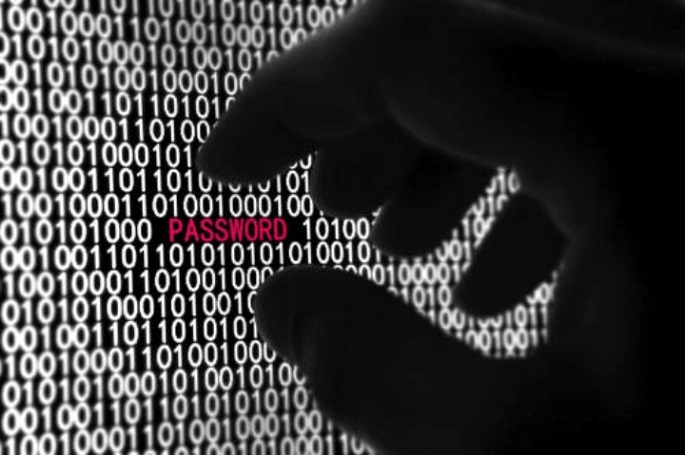Systematic development of cyber security needed: Report
Published : 12 Apr 2023, 01:29
Cyber security threats have increased and diversified in recent years, said a government report, which also called for the continuous and systematic development of cyber security.
The newly published report identified several development measures that can improve the authorities’ capacity to protect national cyber security, combat serious cyber crime and develop cyber defence, said the Ministry of Defence and Ministry of the Interior in a press release on Tuesday.
“Our cyberspace has changed permanently. In Finland’s central government, information security is at a good level and preparedness for cyber threats is part of the authorities’ daily operations. Nevertheless, the capacity of the authorities to prepare for and respond to serious cyber threats must be further developed to ensure their efficient response should a threat materialise,” said Petri Knape, Director of the National Security Unit of the Ministry of the Interior.
On 15 February 2022, the Ministry of the Interior and the Ministry of Defence initiated a project to assess the capacity of the authorities and draw up development proposals for securing national cyber security, combatting cyber crime and implementing cyber defence. This first preliminary report will serve as the basis of proposals for measures.
Finland is targeted daily by cyber influence efforts and cyber espionage, as well as cyber data breaches and ransomware attacks.
Digitalisation and technological development make it possible for governments and non-governmental operators to use cyberspace as an increasingly effective channel for hostile influencing.
According to the report, the authorities currently lack adequate capacity to efficiently prepare for and prevent the most serious cyber threats, especially those that pose a risk to national security and defence.
The working group proposes development measures concerning the strategic goal for cyber security, authority cooperation and processes, the situation picture, information exchange, influencing and countermeasures, intelligence collection and improvements to the protection of authority networks.
Some of the development measures can be initiated quickly, while others call for new legislative projects.
“As cyberspace continues to develop, we need closer and better coordinated cooperation between authorities. Closer collaboration between government agencies, with representatives from all the relevant authorities, is needed between cooperation groups operating at the technological level and strategic cooperation at the government level. The goal is to make it possible for authorities to contribute their observations and the information they obtain as part of their duties to joint authority analyses. This would improve our shared understanding and situational coordination,” said Mikko Soikkeli, Director of the IT Management Unit of the Ministry of Defence.
Cyberspace protection is handled by several administrative branches; it has not been – and cannot be – assigned to any single branch. To respond to threats, the different administrative branches must engage in close cooperation at both the strategic and the operational levels. An incident compromising the security of cyberspace can simultaneously be an information security threat, a crime and a threat to national security and national defence, with impacts on foreign and security policy.
Further promoting cooperation and enabling adequate information exchange between authorities can help ensure that the appropriate authority takes the right action at the right time without jeopardising another authority’s duties and that the best competence is always available.
The members of the working group represented the Ministry of the Interior, the Ministry of Defence, the Ministry of Transport and Communications, the Ministry of Justice, the Office of the President, the Ministry for Foreign Affairs, the Ministry of Finance and the Prime Minister’s Office.
Specialists from the Finnish Security and Intelligence Service, the National Bureau of Investigation, the Finnish Defence Forces, the Government ICT Centre, the Finnish Transport and Communications Agency Traficom and the National Police Board, as well as the National Cyber Security Director also participated in the work.


